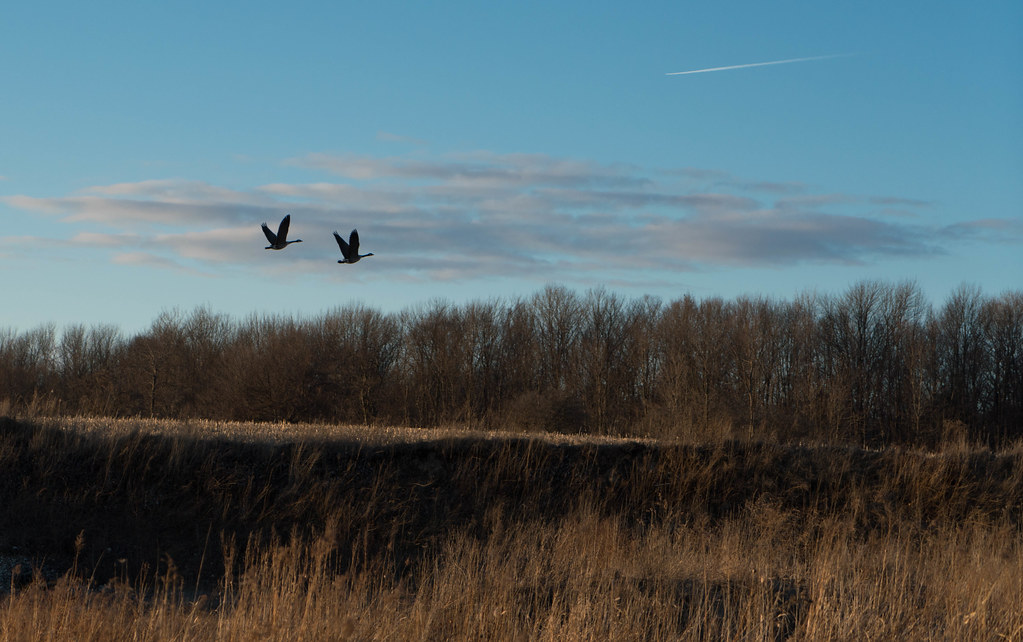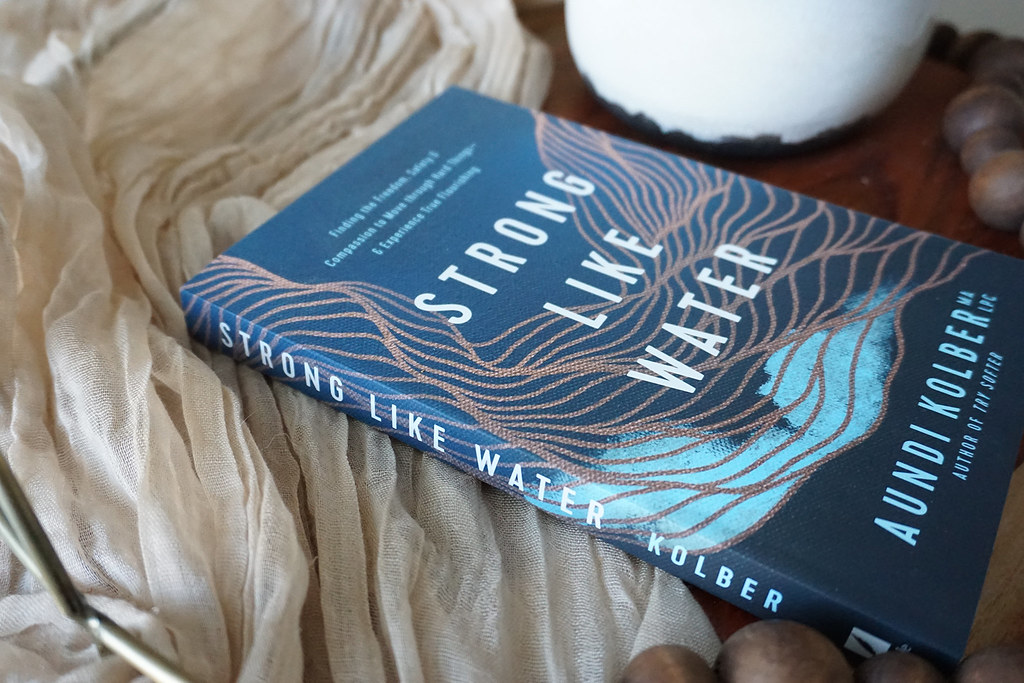Aundi Kolber spent much of her life feeling ambivalent about her strength, but also frightened of her softness. She thought that letting herself heal might mean she was weak, so for many years she didn’t allow herself to deeply receive God’s profound care for her. In a beautiful turn of events, Aundi came to find—through secure relationships, increased internal trust, her training as a licensed therapist, and the astonishing compassion of Jesus—that she is loved in the fullness of who God created her to be. It’s a grace to welcome Aundi to the farm’s table today…
The waves of the mighty Pacific Ocean crashed in front of me; the sparkle of the water and the intensity of the shore break were almost hypnotizing. I buried my toes in the sand, which was speckled with rocks and black dust, as I took in the majestic view.
I never tired of the ocean and came here often—mostly, just to be near it; to be regulated by the rhythms of the waves (though I didn’t have words for that yet).
I wanted to feel immersed in something much bigger and more powerful than myself.
The chaos of the ocean mirrored the tumult I felt inside. I’d graduated from college a few months before, but frankly, my life felt as if it were falling apart. Actually, it’s fair to say that it was.
I had called off an engagement and quit my first professional job within the span of a week. (For the record, I don’t regret either of those decisions, but this certainly wasn’t how I’d pictured my post-college life.) What I didn’t realize was that, in addition to all those disappointments, I was still carrying around the effects of a childhood full of complex trauma that I hadn’t begun to unpack. Its presence affected me every day.







I was only twenty-two, but sitting by this oceanside, I felt much older; worn.
Is life always supposed to feel this hard? After a few decades of pushing myself at all costs to achieve and tying myself into pretzels for everyone around me—honestly, I didn’t know who I was anymore.
Even more honestly? I was not completely sure I ever had.
Others told me I was the strong one, the spiritual one, the wise one, the responsible one, the good kid, the girl who would get things done. There was a part of me that liked these labels.
Perhaps the invitation God has for us is not to become less of ourselves as we heal, but instead—to reflect the fullness of how God made us; to be strong like water.
And there was some truth to them—there was a ferocity as strong as the rushing tide that coursed through me. Many of these traits had been hardwired in me as a way to survive the tumultuous and at times traumatic household I’d grown up in, but my family’s dysfunction had begun generations before.
I carried my ancestors’ pain as well as their strength:
I was the daughter of a refugee who’d escaped in the back of an ambulance from a war-torn country when she was only four.
I was the granddaughter of a man who’d survived a childhood of poverty by eating leftover corn from pigs and who had the audacity to flee Hungary with his family when the only other choice would have been to join the oppressor.
I was the great-granddaughter of a Croatian woman so tenaciously determined to live that she’d fended off thieves with just her fists.
These were the stories that had been passed on to me, and this was the fire and fierceness that ran through me. And yet this strength had come at great cost, not only to my ancestors, but also to me—kids aren’t meant to hold adult problems or adult pain.
What if sometimes emotional health means stepping back and letting ourselves truly receive the lavish compassion God has for us?
To feel that the world was constantly on my shoulders; that I had to remain tough, responsible, and put together no matter what—it was a heavy burden to bear.
And so, like I’d done for much of my childhood, I let myself feel pain in one of the few places that it felt safe to do so—here, near the water.
This was where I saw a glimpse of who I truly was.
This was where I felt the Spirit of God.
This was where I could find at least a glimmer of the peace for which I’d been looking;
this was where God whispered that I was loved in such a gentle voice that I almost missed it.
This was where I understood Jesus’ words, “My yoke is easy and my burden is light” (Matthew 11:30).
This was where I could sink into these words from the psalmist: “Be at rest once more, O my soul” (Psalm 116:7).
This was one of the few places my body could fully exhale.
And finally, finally, she did. My body settled.








I wonder whether you’ve ever felt alone and weighed down by the burden of needing to be “the strong one”? Maybe you’ve found identity in your armor—your tenacity, your ability to survive. After all, maybe it seems to be the thing people like best about you.
What if it’s loving others, but also letting ourselves be loved?
Maybe you’ve tried to let others know how much you’re hurting, but it’s always ended either in your being misunderstood or experiencing heartbreak. So now when your heart is tender, you shame yourself or find a way to suck it up again; you’ve decided that vulnerability just isn’t worth it. Sometimes it might seem like being unemotive—pretending and suppressing what you truly feel or need—is the only way you’ll actually be loved at all.
Is there a different way?
What if emotional health doesn’t always look like being “the strong one”?
What if sometimes it means stepping back and letting ourselves truly receive the lavish compassion God has for us? Or, as Jesus did with his friends Mary and Martha—to fully grieve our losses? Or to finally honor our God-given emotions?
What if it’s not just facing hard things—though that matters—but also knowing our limits? What if it’s loving others, but also letting ourselves be loved? What if the truest strength is less rigid than we have believed?
Instead, what if it’s as expansive as the tide and the God who made us; the fierce and gentle elements dancing together as one? What if this strength has the flexibility to be both soft and bold; to both nourish and protect—because it is rooted in a foundation of love rather than fear?
Perhaps the invitation God has for us is not to become less of ourselves as we heal, but instead—to reflect the fullness of how God made us; to be strong like water.

Licensed therapist, speaker, and author Aundi Kolber lives in Western Michigan with her husband and two children. She is passionate about the integration of faith and psychology and has received additional training around her specialties of trauma and body-centered therapies. Aundi is author of the acclaimed Try Softer as well as her newest book, Strong like Water: Finding the Freedom, Safety, and Compassion to Move Through Hard Things—and Experience True Flourishing. As a survivor of trauma, Aundi brings hard-won knowledge about the work of change, the power of redemption, and the beauty of experiencing God with us in our pain.
In a world whose main response to hardship is to simply preach, “What doesn’t kill you makes you stronger,” many of us are weary of having to be a certain kind of strong. But what if a different, more expansive way of healing, wholeness, and possibly―especially―strength is possible? Aundi believes it is, and with a thoughtful combination of story, faith, and research-based practices, this book will be a compassionate resource on your journey. We were made to be strong like water.
[ Our humble thanks to Tyndale Refresh for their partnership in today’s devotional. ]







